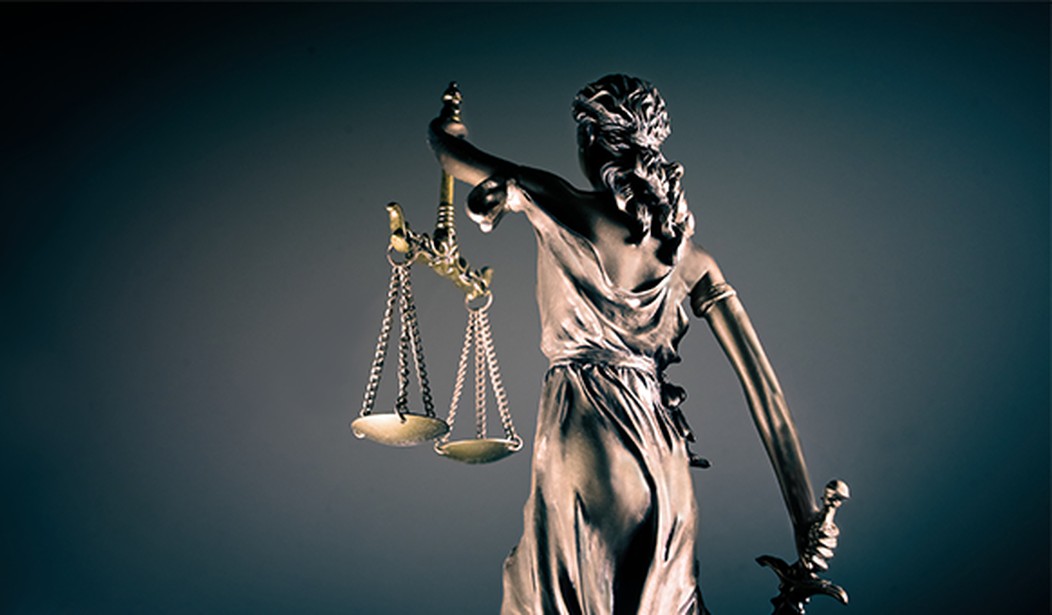Literally on his way out of the White House door, Biden pardoned Anthony Fauci, Mark Milley, and anybody/everybody on the J6 Committee, not as an admission of wrongdoing on their part, but to throw an aegis over these people so Donald Trump could not prosecute them.
This isn't exactly what pardons are for, but in some cases, it's how pardons have been used. Preliminary pardons are somewhat rare but not unheard of, and it seems Joe Biden has decided to throw his mantle of protection far and wide.
To establish a benchmark, here is what the Constitution says about Presidential Pardons:
Article II, Section 2, Clause 1:
The President shall be Commander in Chief of the Army and Navy of the United States, and of the Militia of the several States, when called into the actual Service of the United States; he may require the Opinion, in writing, of the principal Officer in each of the executive Departments, upon any Subject relating to the Duties of their respective Offices, and he shall have Power to grant Reprieves and Pardons for Offences against the United States, except in Cases of Impeachment.
Okay, so I'm not any sort of legal scholar, as has been pointed out to me in the past, and this piece is just me positing an idea from a layman's point of view as I scratch my head and try to find some sort of Kryptonite to break through Biden's effort to shield his cronies. I may have nothing here, but maybe it will spark a conversation on the matter, and we'll all find out if I do or don't.
Article II notes that a Presidential Pardon covers anything in the past except in cases of impeachment (and violations of state law, as we know). Now, I don't know if somebody is going to do an Alvin Bragg and torque a federal violation into a state violation like he did with Trump, but I wondered if a civil servant could be impeached after resignation or termination. Why would you want to do that, you ask? The only penalty impeachment carries is removal from office, and if you've already been removed then what is the point, and does the Senate still have jurisdiction if you are no longer a civil servant?
BREAKING: Joe Biden Issues More Pardons on His Way Out the Door, for the Biden Crime Family
NEW: Biden Pardons Fauci, Milley, Cheney, Others in Shocking Abuse of Presidential Power
Well, it turns out that there is a precedent for this. And it's an interesting story. In 1876, then Secretary of War William Belknap resigned his post just moments before the Senate was about to file charges of impeachment against him for graft and corruption.
I resign, I remove myself from government service, and my reputation does not get sullied because I am now out of reach. Aha!
As it turned out, the Senate collectively decided that one should not be able to escape repercussions of criminal behavior simply through resignation, so they determined that they indeed maintained jurisdiction and impeached him anyway. He was tried and escaped conviction by narrow margins, but his misdeeds were showcased for all to see.
So here we have a Milley and a Fauci. Both pardoned, and both already separated from government service. I would suggest that both can still be prosecuted under articles of impeachment, which presidential pardons do not cover, and even though retired from federal service, can still be frog-marched back into the Army to face charges of mutiny in the former case, and the Senate for charges of fraud and perjury in the latter. If convicted, and it might not be that big a deal anymore if they aren't, but Milley could be court-martialed — suffering from all the fallout from that — while Fauci might get nothing as he is already separated. However, his narcissistic personality will die a thousand deaths when his legacy is circling the drain.
Impeachment may bring their crimes or acts of malfeasance or whatever into the spotlight. And even if they don't get convicted, you still may get a trial and you still may see them pay a price for their actions.
It might not be much, but it also might be the best we can hope for.














Join the conversation as a VIP Member